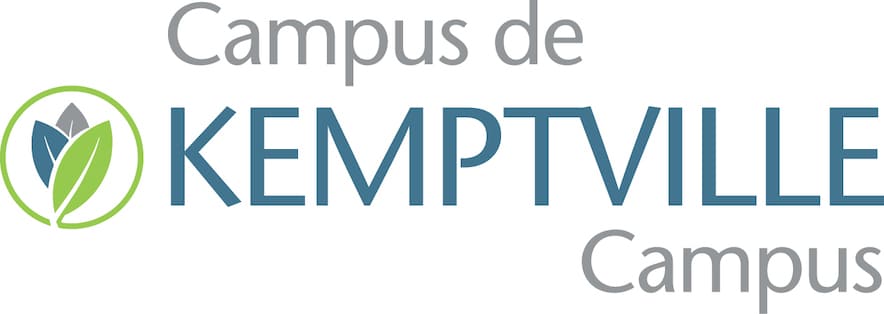On October 18, students from Académie catholique Notre-Dame and École publique Rivière Rideau planted a garlic crop at Kemptville Campus. Planting took place in a new half-acre garden plot at the corner of Campus Drive and Curtis Drive, marking a first step towards re-introducing local food production on campus. Currently home to several schools, daycares, non-profits and businesses, the Campus also hosts vertical growing, applied research, and community events in their greenhouses, as well as a working maple sugarbush that holds public events every spring and fall.
“Our goal is to create opportunities for food production that allow for education and public engagement, in ways that bring together students, educators, food producers and entrepreneurs, and the broader community to work and learn together,” says Liz Sutherland, Kemptville Campus’ Executive Director. “Rebuilding a local food system on campus will help foster the local food economy more broadly throughout Kemptville and the region.”

“Developing partnerships with schools to offer experiential learning is one piece of our broader vision for local food,” says Leela Ramachandran, Project Manager for Training and Local Food at Kemptville Campus. “We’re also upgrading our greenhouses, working towards a commercial kitchen for community use, and exploring community gardening and small-scale food production. We’re investigating the whole local food chain, from production to processing to distribution, to see where the gaps and opportunities are.”
The garlic planted by students will be ready to harvest next summer, and will be distributed to local businesses, eaters, and community food organizations. “Garlic is such a great crop to
Stay tuned to this page and our newsletter for more updates as our local food project unfolds. For more information, please contact Leela Ramachandran, Project Manager for Training and Local Food, at lramachandran@kemptvillecampus.ca.
For media inquiries, please contact:
Liz Sutherland
Executive Director
Kemptville Campus
lsutherland@kemptvillecampus.ca

